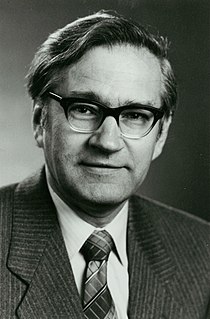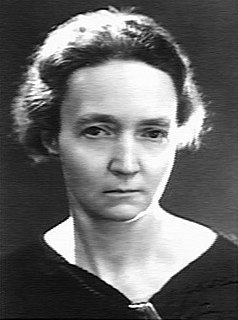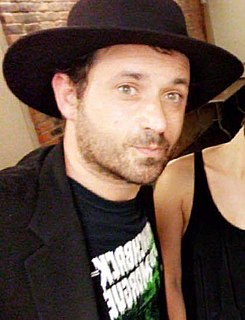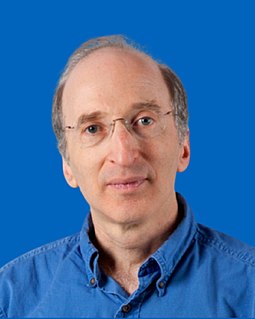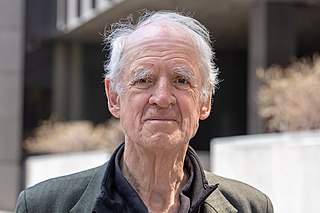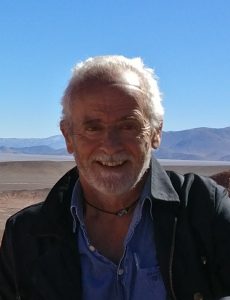A Quote by Richard Ernst
I became almost immediately fascinated by the possibilities of trying out all conceivable reactions with them, some leading to explosions, others to unbearable poisoning of the air in our house, frightening my parents.
Related Quotes
I was really intrigued by them, became fascinated by them because they were asking questions that couldn't be answered almost, or were making statements that you couldn't quite understand. Like, 'I'm investigating things that begin with the letter M.' That took me through a whole stratosphere of possibilities, and doing a little research and discovered that the M is mercury.
We begin to change the dynamic of our relationships as we are able to share our reactions to others without holding them responsible for causing our feelings, and without blaming ourselves for the reactions that other people have in response to our choices & actions. We are responsible for our own behavior and we are not responsible for other people's reactions; nor are they responsible for ours.
I think some horror authors are trying to scare you, but with me, I'm as scared as the reader is of the story. I've always been that way, since watching the 'Twilight Zone' movie - watching 'Firestarter' when my parents were out, or sneaking out to watch 'A Nightmare on Elm Street' at a friend's house because I couldn't watch it at my house.
We define our identity always in dialogue with, sometimes in struggle against, the things our significant others want to see in us. Even after we outgrow some of these others—our parents, for instance—and they disappear from our lives, the conversation with them continues within us as long as we live.
When I was in graduate school, I became very interested in why some kids took on challenges and were able to bounce back from setbacks whereas others shy away from difficulty and really crumble when they hit failures. I became fascinated with people who had that kind of courage to take on challenges.
Grace comes immediately to meet some of those who strive, giving them assurance of the earnest of their inheritance (cf. Eph. 1:14), letting them taste the promised prizes, as if stretching out a loving hand to welcome them and anointing them for further struggles. With others, however, grace waits for the end of the struggle, and prepares for them the crown of patience as well. As one of the God-bearing Fathers says, 'Some receive holy rewards before their labours, some during labours, and some when they depart' (St. John Climacus).
I have almost no memory of them [St. Trinian's films]. I don't think I've seen them since I was quite young. I was a bit frightened of the girls. I fancied them. Even though I was young, I found them attractive and rather frightening. I've always been attracted to frightening girls! I'm married to one!
Compassion allows us to use our own pain and the pain of others as a vehicle for connection. This is a delicate and profound path. We may be adverse to seeing our own suffering because it tends to ignite a blaze of self-blame and regret. And we may be adverse to seeing suffering in others because we find it unbearable or distasteful, or we find it threatening to our own happiness. All of these possible reactions to the suffering in the word make us want to turn away from life.
Once, the world was full of mysteries, some of them frightening, some of them wonderful, some of them merely fascinating. Now, it can be a banal and predictable place, the tracks of daily life so well-beaten and defined, our culture awash with the imbecile obvious, our existence suffocating in safety. But mysteries remain.
[The doctrine of air] I was led into in consequence of inhabiting a house adjoining to a public brewery, where I at first amused myself with making experiments on the fixed air [carbon dioxide] which I found ready made in the process of fermentation . When I removed from that house I was under the necessity of making the fixed air for myself; and one experiment leading to another, as I have distinctly and faithfully noted in my various publications on the subject, I by degrees contrived a convenient apparatus for the purpose, but of the cheapest kind.
